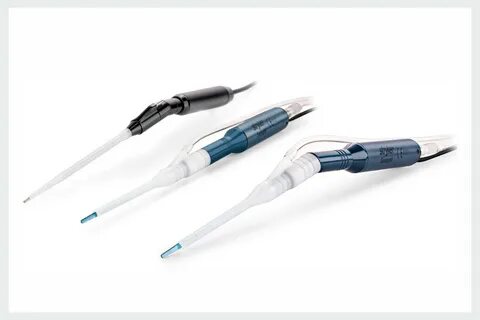Ultrasonic Aspirator Market - Size, Share, Outlook, and Opportunity Analysis 2018 – 2026
Ultrasonic aspirators are surgical instruments that are used to fracture tissue while both irrigating and aspirating the operating field. In neurological, lacrimal, orbital, and skull base procedures, this technology is commonly used. Low-frequency ultrasonic vibrations are used in ultrasonic aspirators to fragment tissue. The rising use of minimally invasive operations, as well as the high prevalence of neurological and gynaecological problems, are the primary growth factors for the ultrasonic aspirator market (cancer).
The global ultrasonic aspirator market was valued at US$ 332.9 million in 2017, and is estimated to see a CAGR of 5.3 percent during the forecast period (2018 – 2026).
The Ultrasonic Aspirator Market is predicted to grow due to the increasing adoption of less invasive techniques.
One of the primary drivers of market expansion is the rapid adoption of minimally invasive surgical techniques over existing surgical practises. According to a study report published by the National Center for Biotechnology Information (NCBI) in 2013, the majority of surgeons are now adopting minimally invasive surgical techniques to conduct treatments that were formerly performed through open surgery. In 96 percent of instances, surgeons perform cholecystectomy laparoscopically. Ultrasonic aspirators are used to treat surgical endometriosis during laparoscopic lymphadenectomy.
Furthermore, from 2010 to 2015, the Nationwide Center for Biotechnology Information analysed national trends and disparities in minimally invasive surgery for localised kidney cancer. According to the NCBI, there were 46,346 minimally invasive partial nephrectomy procedures conducted in the United States, while 37,712 individuals received radical nephrectomy (RN).
The ultrasonic aspirator market in Asia Pacific is predicted to develop due to an increase in medical tourism in Asian nations, particularly India, due to the existence of a significant number of facilities that specialise in minimally invasive surgery.


Comments
Post a Comment